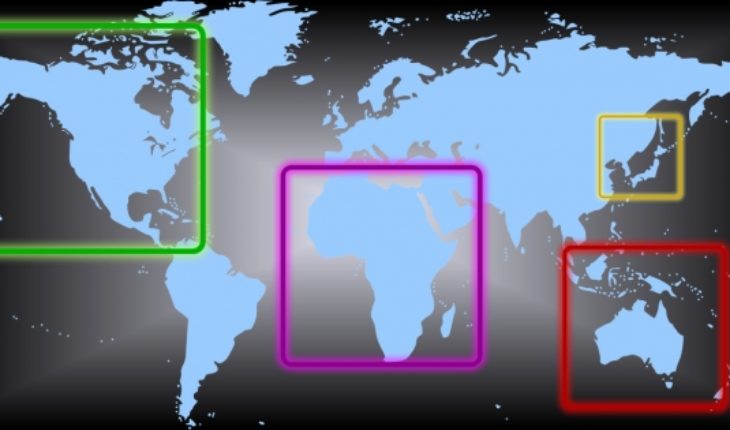A few days ago, the World Intellectual Property Organization (WIPO) Global Innovation Index was unveiled, which seeks to measure innovation performance in 129 countries around the world. In its 2019 edition, although Chile continues to lead in the region, the country fell four places compared to the previous year, ranking 51st, a figure that we must look at.
According to the Index, Chile shows weaknesses in the export of technology-based services, which is not new. In fact, it is an element that has been repeated in the public discussion of recent years: Chile has to go a step further and stop being a raw material exporter, to start developing as an economy that exports knowledge in a sustainable and equitable way , with goods and services of greater complexity.
While the creation of the Ministry of Science and Technology is a step forward in this area, it is urgent that it be taken as a priority public policy where science, technology, innovation and research programmes that are not only left in the world of academy, but have a real impact on the economy.
One success story is Estonia. In 1991, when he became independent from the USSR, there was only one question to answer among those who led the transition Where did we start? They had no constitution, no democratic institutions, no legal system. Infrastructure was outdated and in poor condition, and the banking system, light years away from the Western standard. It was almost all to be done. And they did not have big budgets for reconstruction: the economic crisis immediately outraged the country, which soon went from relative prosperity under the Soviet umbrella to a scenario of skyrocketing inflation and declining GDP. Today, however, it is considered the world’s first digital country and ranks 24th in the Global Innovation Index.
Science, research, innovation, transfer and technological dissemination are the essential basis for productivity growth in the medium and long term. In Estonia, they presume that digitisation saves them 2% of annual GDP in wages and expenditures and they do not tire of repeating it: if they have built a digital society, anyone can do it. Chile can do this too, but we must work along that line, because it is not a question of money or size, but of will.
The content poured into this opinion column is the sole responsibility of its author, and does not necessarily reflect the editorial line or position of El Mostrador.





